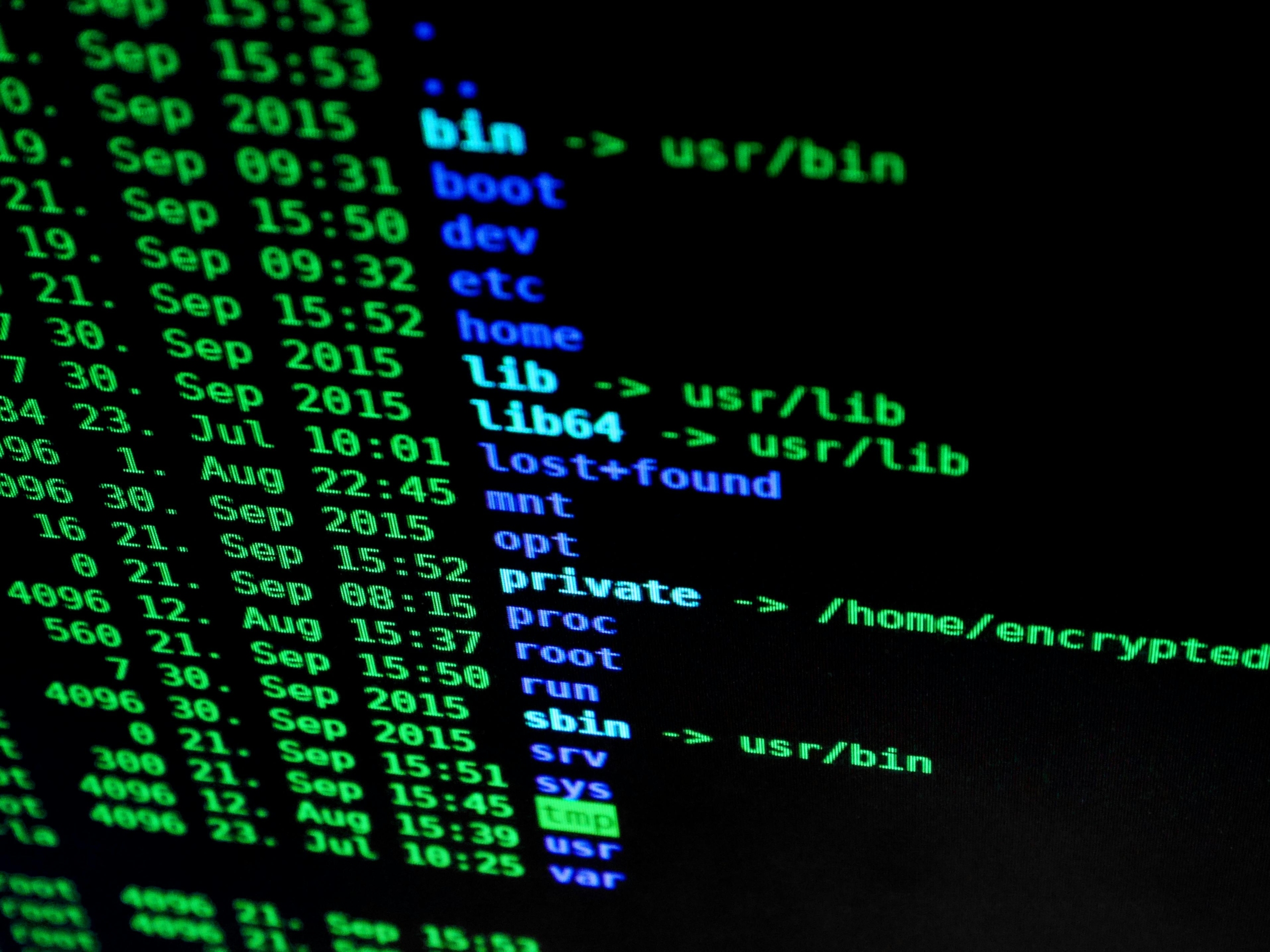Cybersecurity for Small Businesses: Protecting Data in a Digital-First World

In a digital-first world, cybersecurity has become a critical issue for small businesses. As more companies shift operations online, the risk of cyber threats continues to grow. Small businesses, often seen as easier targets, must take steps to protect their data and systems from hackers, ransomware, and other cyber threats. Unfortunately, many small business owners underestimate the importance of cybersecurity, leaving them vulnerable to attacks that could disrupt operations or even lead to bankruptcy.
A recent study by Verizon found that nearly 50% of cyberattacks target small businesses. Despite this, many small firms lack the resources and expertise to implement strong security measures. For business owners, understanding the risks and investing in basic protections is now essential.
Why Small Businesses Are Targeted
Small businesses are often targeted because they are seen as less prepared for cyber threats. Larger corporations typically have dedicated IT teams and more robust security measures in place. Small businesses, on the other hand, may not have the same level of defenses. Hackers know this and see smaller firms as easier targets.
“Small businesses are appealing to hackers because they tend to have weaker security systems,” says Laura Hill, a cybersecurity expert. “They’re less likely to have sophisticated protections in place, and that makes them vulnerable.”
The impact of a data breach can be devastating. Hackers can steal sensitive customer information, financial records, or proprietary data. For small businesses, this can mean lost revenue, damaged reputation, and even legal consequences.
Common Cybersecurity Threats
There are several common types of cyber threats that small businesses face. Phishing attacks, where hackers send fake emails to trick employees into sharing sensitive information, are a frequent issue. Ransomware attacks, where hackers encrypt a company’s data and demand payment to release it, have also become more common.
Additionally, small businesses must be wary of malware, which can infect systems and allow hackers to gain access. These threats can lead to data loss, business disruption, and financial loss. Business owners need to understand these risks and educate their employees on how to identify suspicious activity.
Basic Security Measures Every Business Should Take
Even if small businesses don’t have large IT budgets, there are basic steps they can take to improve their cybersecurity. The first step is to use strong, unique passwords for all systems and encourage employees to do the same. Businesses should also implement two-factor authentication, which adds an extra layer of security by requiring a second form of verification.
Regularly updating software and systems is another essential measure. Hackers often exploit weaknesses in outdated software, so keeping everything up to date can help close potential security gaps. “It’s a simple step, but it makes a big difference,” says Hill. “Updates often include patches for known vulnerabilities, and skipping them can leave your business exposed.”
Backing up data regularly is also crucial. In the event of a ransomware attack, having a recent backup can help a business restore its systems without paying the ransom. Cloud services can make data backups easier, as they automatically save files offsite.
Training Employees on Cybersecurity
One of the most effective ways to prevent cyberattacks is to train employees on cybersecurity. Many data breaches occur because employees unknowingly click on a malicious link or open a phishing email. Regular training sessions can help staff recognize potential threats and understand best practices for keeping information secure.
“Employees are often the first line of defense against cyber threats,” says Kevin Davis, owner of a small IT consulting firm. “Teaching them how to spot a phishing email or handle sensitive data securely can go a long way in protecting your business.”
When to Seek Professional Help
For some small businesses, managing cybersecurity on their own can be overwhelming. In such cases, it may be wise to consult with a cybersecurity professional. Many IT firms offer affordable packages designed for small businesses, which include services like network monitoring, data encryption, and regular security audits.
While hiring outside help may seem like an extra expense, the cost of a cyberattack can be far greater. Professional assistance can ensure that a business’s systems are up-to-date and protected against the latest threats.
Looking Forward: The Need for Vigilance
As technology continues to evolve, so do the methods used by cybercriminals. Small businesses need to stay vigilant and adapt to new security challenges. By taking basic precautions, educating employees, and knowing when to seek expert help, business owners can protect their data and maintain customer trust in an increasingly digital world.


